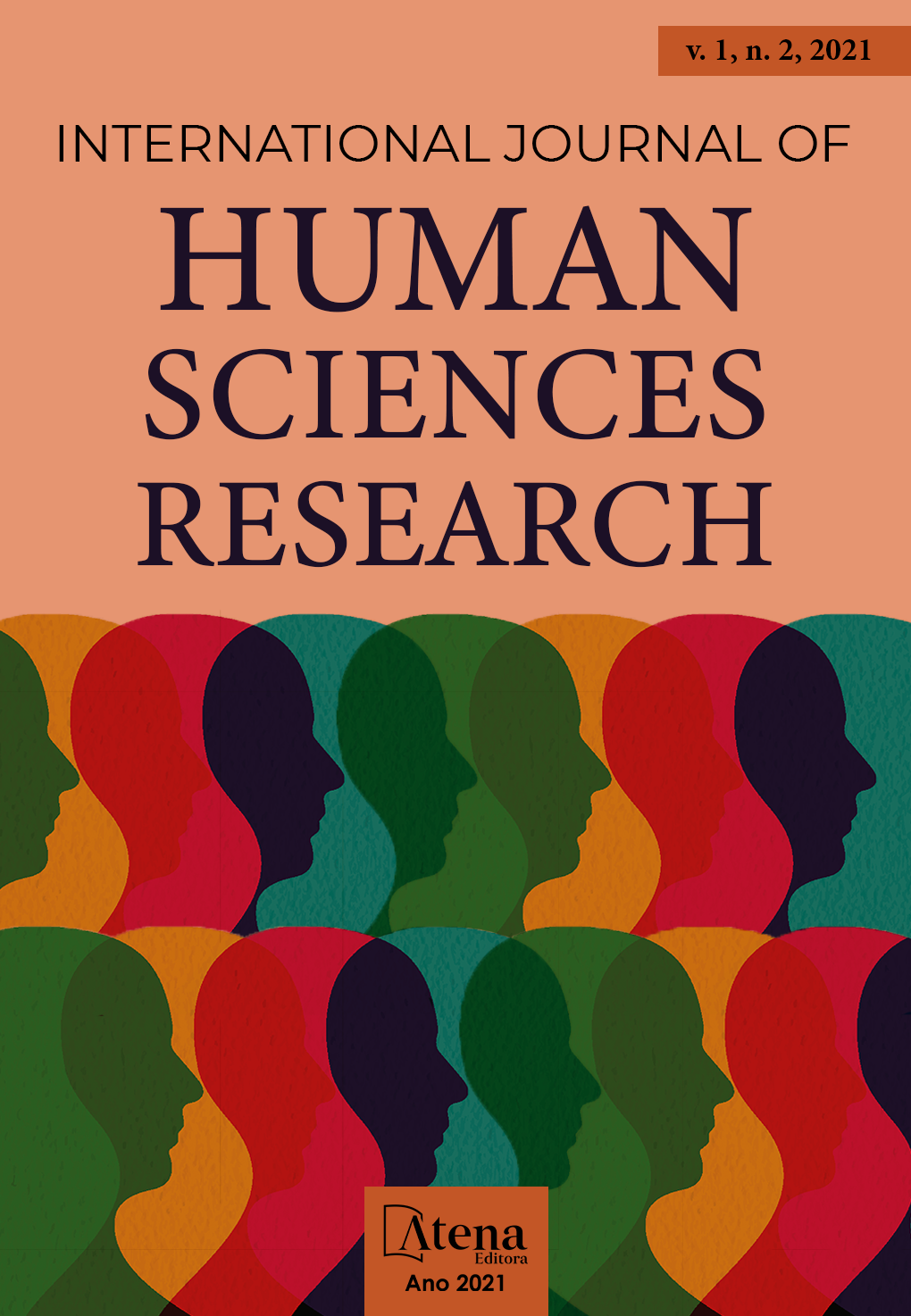
THE ILLICIT PROOF: THE PROBLEM OF THE EXCLUSIONARY RULE OF PROOF WITHOUT LEGAL SUPPORT IN BRAZIL AND IN THE USA
The evidence is shown as one of the sides of evidence of what happened, formalizing the answer to a question asked by someone in the procedural sphere that can generate conviction. Proof by itself does not reveal an object, but is, in this sense, discourse. Brazilian legislation, as a rule, does not admit illegal evidence in criminal proceedings, so that the admission of such evidence violates infra and constitutional rule. The aim of the article is to analyze the modern contours of the illegality of the evidence in the procedural scope, considering the legal systems of Brazil and the United States of America, through the new instruments of the neoconstitutionalist movement and the correct moment of its exclusion from the process. It is also the objective of this article to provide a legal starting point for possible non-explicit constitutional guarantees and their form of lawful insertion in the studied legal systems, through the methodology of inductive reasoning and doctrinal and jurisprudential analysis and from the investigation of new forms of interpretation, such as the purposeful interpretation.
THE ILLICIT PROOF: THE PROBLEM OF THE EXCLUSIONARY RULE OF PROOF WITHOUT LEGAL SUPPORT IN BRAZIL AND IN THE USA
-
DOI: 10.22533/at.ed.5582101117
-
Palavras-chave: Test; Illicit evidence; Illicit evidence by derivation; Brazil; USA
-
Keywords: Proof; Illicit Proof; Illicit evidence by derivation; Brazil; USA
-
Abstract:
The evidence is shown as one of the sides of evidence of what happened, formalizing the answer to a question asked by someone in the procedural sphere that can generate conviction. Proof by itself does not reveal an object, but is, in this sense, discourse. Brazilian legislation, as a rule, does not admit illegal evidence in criminal proceedings, so that the admission of such evidence violates a material and constitutional law. The aim of the article is to analyze the modern contours of the illegality of evidence in the procedural sphere, considering the legal systems of Brazil and the United States of America, through the new instruments of the neoconstitutionalist movement. It is also the objective of this article to provide a legal starting point for possible non-explicit constitutional guarantees and their form of lawful insertion in the studied legal systems, through the methodology of inductive reasoning and doctrinal, jurisprudential analysis and from the investigation of new forms of interpretation, such as propositional interpretation.
-
Número de páginas: 20
- Rainner Jerônimo Roweder


